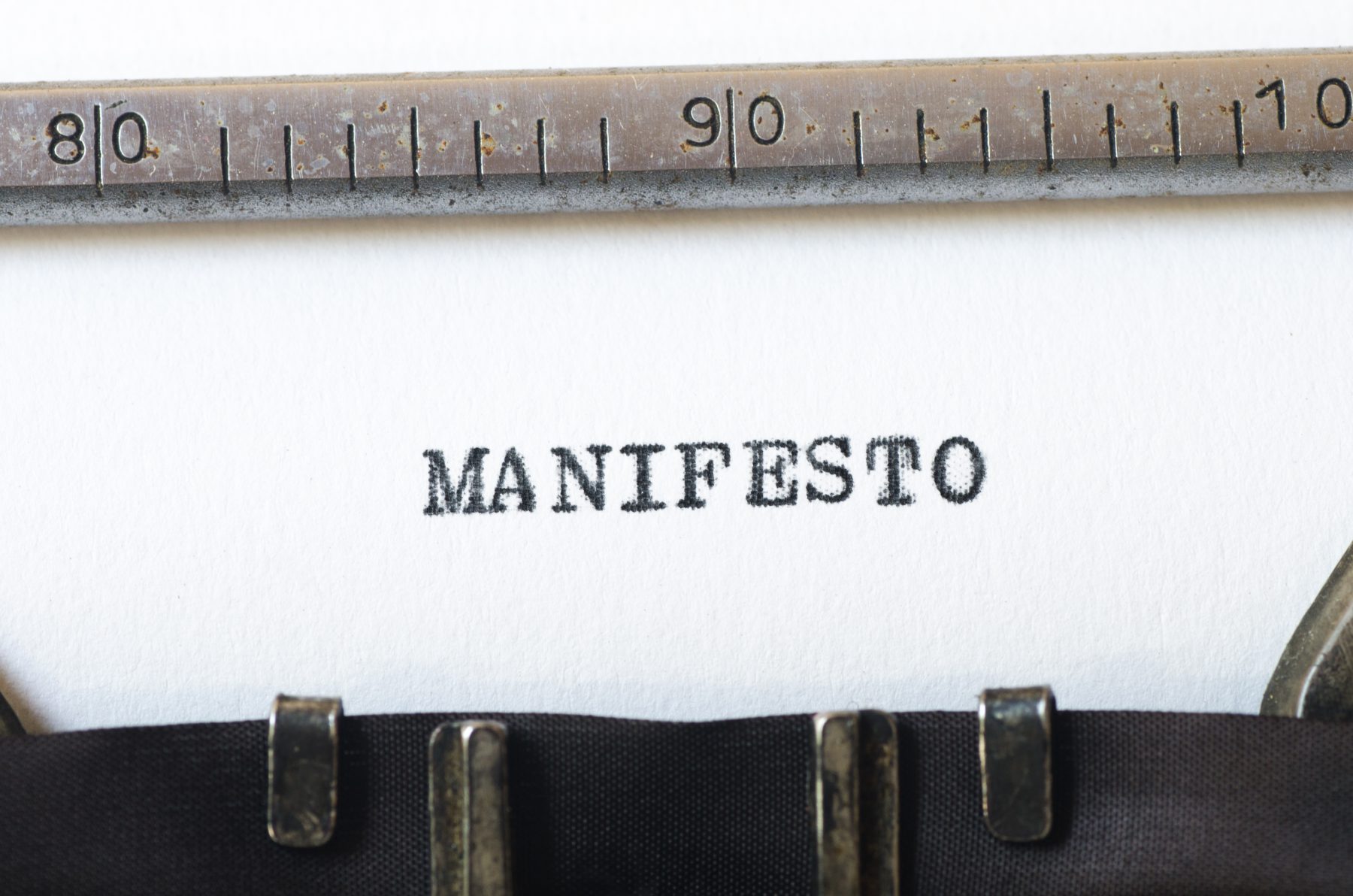The party manifestos for the UK general election on July 4 were launched this week amid much fanfare and hype.
But how much substance is there when it comes to policies on the media and press freedom?
AEJ UK Treasurer David Worsfold has this look at the parties’ promises.
Labour’s manifesto included little on the media apart from a mention of protecting people from harm caused by social media.
Gone are its previous commitments to implement Section 40 of the Crime and Courts Act, the post-Leveson Inquiry proposal for a state-backed press regulator with the power to impose costs on media organisations that refused to join by allowing courts to award all costs against the media in cases even when they were successful.
It was opposed by most major media organisations.
The clause was repealed – without opposition from Labour – in the Media Act that was rushed through its final stages as Parliament was dissolved when the General Election was called.
The Liberal Democrats and the Greens remain committed to reviving the second part of the 2012 Leveson inquiry with the Liberal Democrats saying they “support independent, Leveson-compliant regulation”.
The bill to extend the protection against SLAPPS (strategic lawsuits against public participation) to non-economic crime did not survive the legislative cull at dissolution.
This was promoted by Labour backbencher Wayne David, who is not re-standing, and had attracted all-party support.
There is no mention of SLAPPS in the Labour manifesto, although Shadow Foreign Secretary David Lammy is on record during the campaign as saying a future Labour government would take further action to curtail the use of SLAPPS.
The Liberal Democrats included a commitment to back anti-SLAPPS laws in their manifesto.
The Conservative manifesto said the BBC “should represent the perspectives of the entire nation with diversity of thought, accuracy and impartiality as its guiding principles. We will carefully consider the findings of the Funding Review ahead of the next Royal Charter and ensure it upholds these principles”.
The Green Party raised concerns about media ownership saying it would put forward measures to prevent any one company or person from owning more than a fifth of the media market.
All the parties dance around the subject of artificial intelligence, especially the potential impact of large language models and generative AI on copyright and the quality of digital information.
Labour proposes a Regulatory Innovation Office, a sort of super-regulator that would ensure other regulators keep pace with changes in technology and market practice. It would have a brief that would stretch well beyond the media, taking in financial services among other highly regulated sectors.
The Liberal Democrats have more to say on the digital world than other parties, saying they “support modern and flexible patent, copyright and licensing rules” as part of a reform of copyright. They also propose increasing the Digital Services Tax paid by big tech firms from 2% to 6%.
On misinformation, the party said it would push “for a global convention or treaty to combat disinformation and electoral interference, supplemented by an annual conference and Global Counter-Disinformation Fund”.
And it would introduce a Digital Bill of Rights, enshrining “the rights to privacy, free expression, and participation without being subjected to harassment and abuse”.
The Conservatives can point to the Digital Markets Act, which was passed as Parliament was dissolved, with new powers to regulate big tech and create a new regulator – the Digital Markets Unit – which can compel tech companies to pay for news content which appears on their platforms and also fine them for abusing their market position.
Reform UK was yet to publish a detailed manifesto, although it says it will publish a “Contact with the People” next week.
On June 7 Reporters Without Borders set out a ten point plan for a future UK government to protect media freedom:
- Take action on SLAPPs
- Stem transnational attacks on journalists, including physical threats
- Support journalists abused online and bring perpetrators to account
- Stand up more for British journalists detained overseas
- Issue emergency visas to foreign journalists in danger
- Commit to “principle and practice” of free and fair journalist access to democratic processes. Do not charge bone fide media for access to political events or the courts
- Uphold of press freedom worldwide, highlighting the dangers faced by journalists in Gaza
- Prevent the extradition of Julian Assange
- Provide adequate resources and powers to National Committee for the Safety of Journalists
- Introduce comprehensive regulation of AI that “amplifies “reliable news sources and takes action to prevent the distribution of harmful deepfakes.
Labour Party manifesto
Conservative Party manifesto
Liberal Democrats manifesto
Green Party manifesto
SLAPPS action delayed
Threats to journalism in the UK








